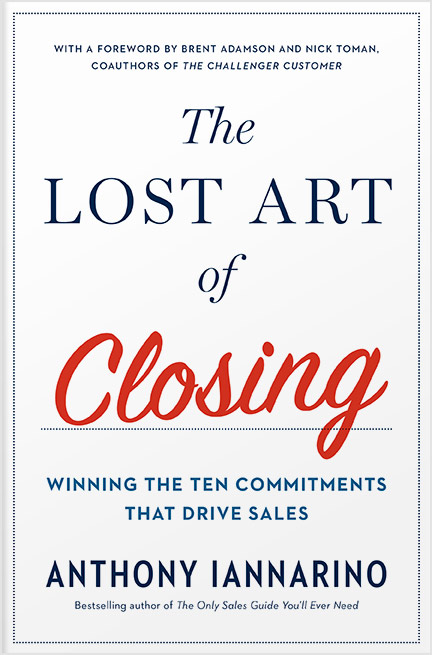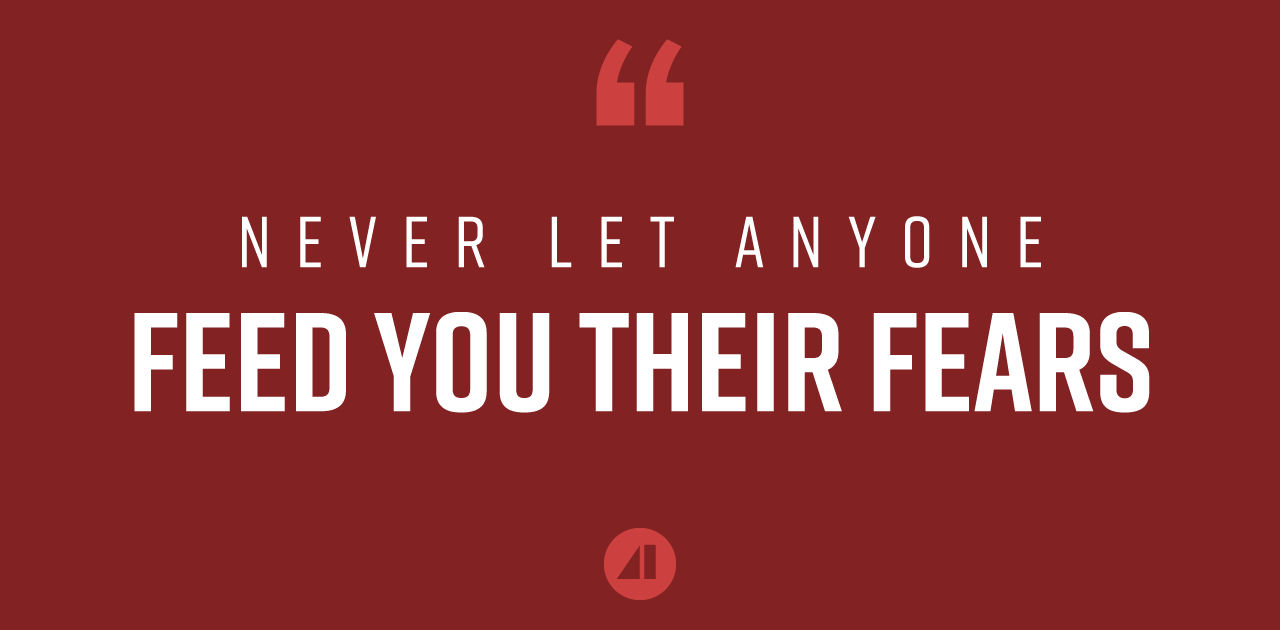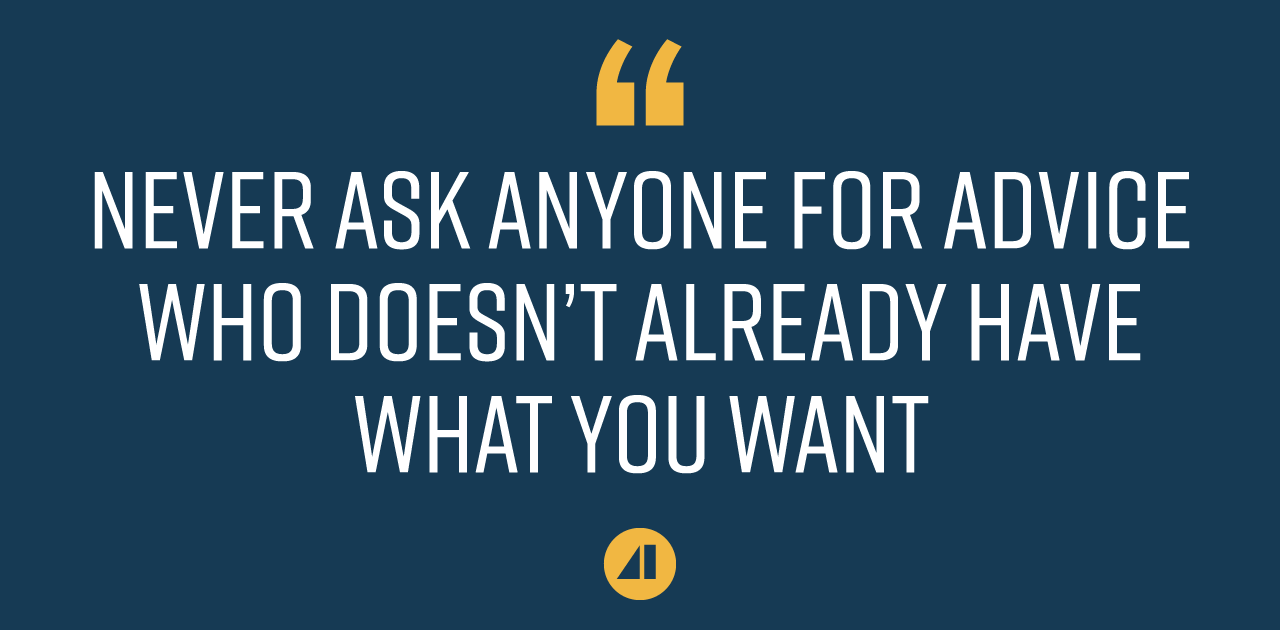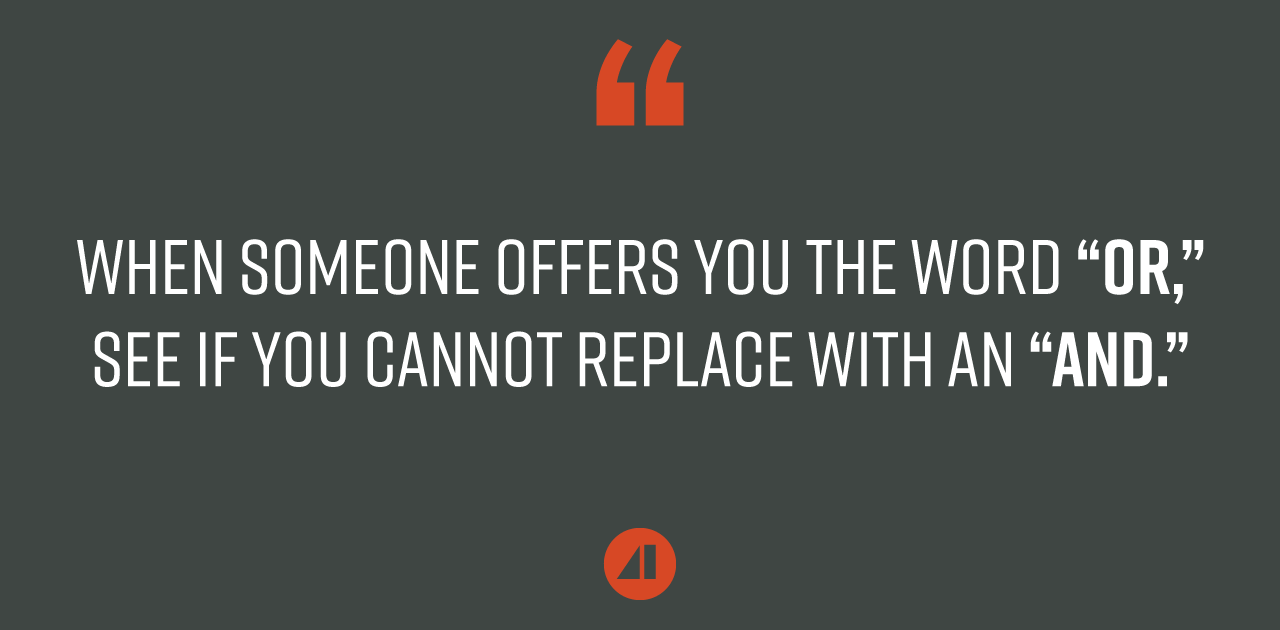Some people write, record, and publish ideas designed to empower you to act. There are others, however, who use the same mediums to disempower you to tell you that you cannot do something, suggesting that you shouldn’t even try. You should ignore anyone whose advice would disempower you from acting in your interest or that would prevent you from creating value for others.
Cold Call
The most prevalent of the “dare not” advice over the last decade has been the warning that “one shall not make a call to another human being that isn’t expecting that call.” The social media tools led to the idea of social selling and inbound marketing, which promised salespeople and sales organizations that they would never have to make another cold call. That promise was not only never delivered; it also cost salespeople and sales organizations dearly in lost opportunities, as well as the even more significant loss of time.
Selling is opportunity creation and opportunity capture. There are still too many salespeople who believe that marketing is sales. These salespeople have been taught to wait for automated emails to generate the meetings that allow one to create an opportunity by sitting down across the table from a prospective client.
In other cases, they wait for inbound leads, which might be defined as unsuspecting souls who happened to download content from your website. They are not treated as a qualified lead, with the expectation they can be immediately converted.
Never let anyone feed you their fears. If you want to meet with a person inside a company that you believe would benefit from meeting with you, benefiting even more from engaging your help, pick up the phone and call them directly to ask for a meeting.
Recognize the Buyer’s Power
The piece of sales advice here is, “Thou shalt grovel before their contacts, recognizing that they no longer need salespeople, as they now have the same knowledge because of the internet.” This assertion is allegedly proven right by a statistic representing the exact percentage the buyer is through in their process before they are willing to speak to a salesperson.
Leave aside what the word “average” means, as well as the limitations of generalizing. Waiting for a buyer to call you or tell you what comes next is to misunderstand what salespeople do.
The idea that the buyer has information parity depends on what you mean by the word “information.” One might read about their symptoms, diagnosing, and treating themselves. It is often a fool who keeps his own counsel. If you are ill, you want the counsel of someone trained and educated in treating illness or maybe someone who focuses on creating wellness.
Buyers have always had the power to say yes or no when you ask them for any commitment, something that will always be true. To believe they can make the right decisions after reading web pages is incorrect. That surface level knowledge does not provide them with the nuanced situational expertise and experience of selling and creating the outcomes you sell.No more pushy sales tactics. The Lost Art of Closing shows you how to proactively lead your customer and close your sales. 
Non-Salesperson Advice
Of all the varieties of nonsense, poor thinking, and advice given without the necessary experience to offer it, no one beats the Advice-Offering, Non-Salesperson Expert on Sales. No one knows precisely why the number of sales reps who miss their goals is declining. However, it must be multifactorial, with things like poor leadership, detrimental reliance on marketing, and a lack of accountability. Some portion of the blame must be laid at the feet of those who offer advice without having ever sold.
Recently, a marketing person wrote a post designed to disempower salespeople sharing an exhaustive list of prospecting mediums through which he would refuse to engage a salesperson. (The said person has a sales team of just over three hundred people, all of who are using the mediums listed in his self-important and self-serving post).
Other sales advice offered by people who have never sold or led a sales organization has suggested that the role of sales be eliminated and replaced by better marketing and the elimination of variable compensation in the form of commissions.
Never ask anyone for advice who doesn’t already have what you want. Everyone is entitled to their own opinion, but opinions that limit your ability to take action should be rejected with extreme prejudice. Until the person has the experience to offer the advice they would have you follow, you are safe to ignore directives that would limit you.
Don’t Follow Up
If it were inscribed on a stone tablet, it would read, “Thou shalt not bother the client by following up,” or “Thou must always wait patiently for the prospective client to get back with you, communicating no more than once a week, always over email.” These are the words of the conflict-averse fearful people who believe that they will lose a deal by following up, instead of recognizing that it’s more likely they lose by not following up, i.e., fearing the wrong danger.
The best way you make sure you don’t bother your dream client in consultative sales is not to waste their time. The idea that you would bother someone by following up is to endorse a lack of accountability for helping your client make the right decision and allowing them to lose time. Your client is not obligated to follow up with you, chasing you down to enlist your help in producing the results you need.
Any advice that says to wait and discontinue communicating with your contacts is poor advice offered by those who have negative feelings about themselves and their role. You should always work to gain the agreements that allow you to control the process (see The Lost Art of Closing), and you should always follow up if a commitment made is not kept.
Don’t Hustle
“Thou shalt meticulously balance their work and personal life, not spending too much time at work, and erring on the side of the personal.” Some would tell you not to hustle, not to chase success, that it leads to the loss of your relationships and other adverse outcomes you must avoid. Most of this advice comes from people who have experienced unwanted consequences for their behavior, their excesses, and their poor decisions.
The truth of the matter is that you have only one life. Your work is a large part of it, and so are the people you love, care for, and for whom you are responsible. What the “never hustle” crowd misunderstands is the need to hustle and succeed in all areas of your life, not just work, and not just your personal life. The idea that one may have only one is a false dichotomy as if the two are mutually exclusive.
When someone offers you the word “or,” see if you cannot replace it with an “and.” Especially challenge any advice that would disempower you from living a life of your design and one that allows for success in all dimensions, not limiting it to a single area.
Ignore any advice that would disempower you. Instead, look for information that provides you with the ability to act.














